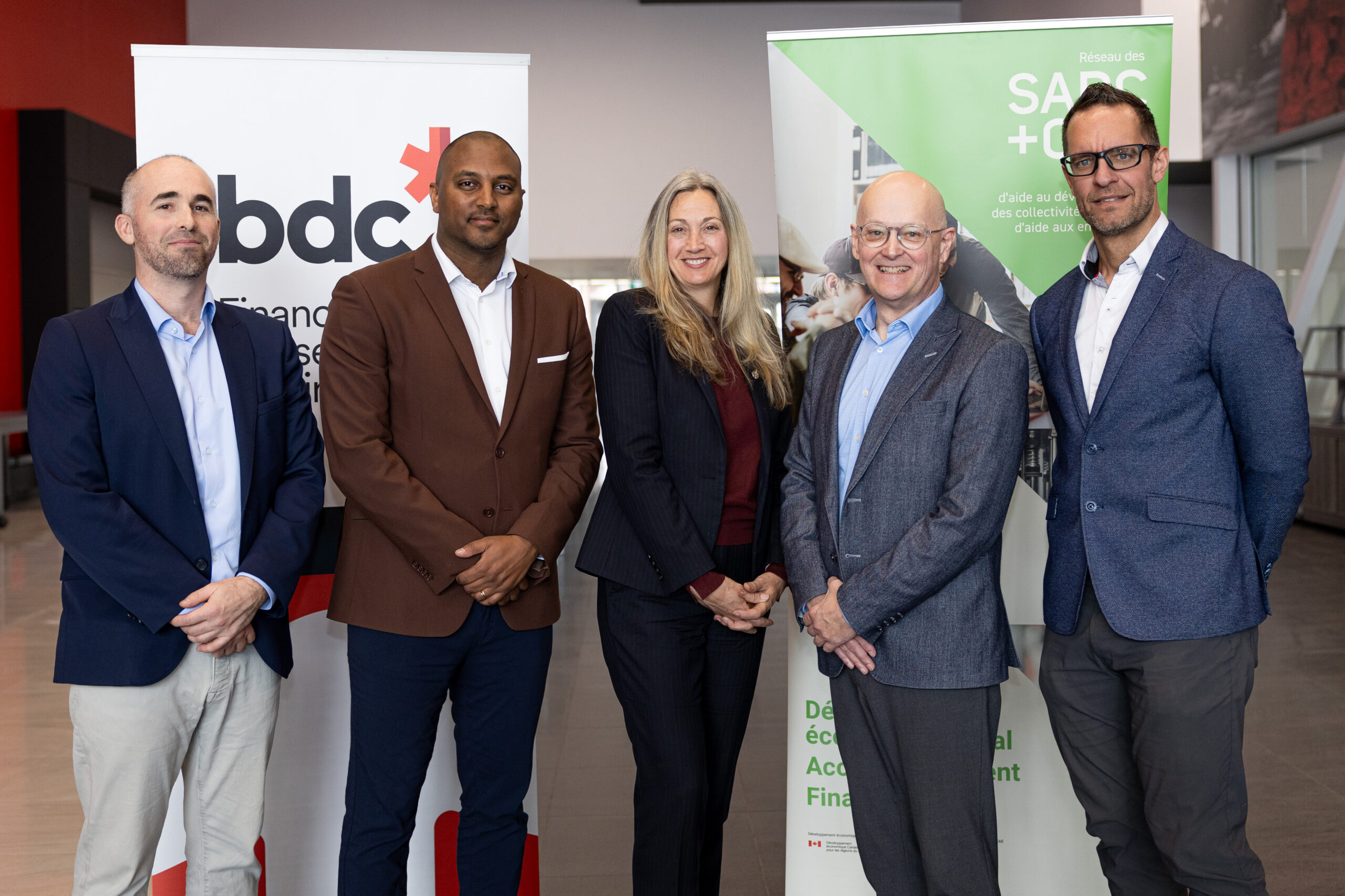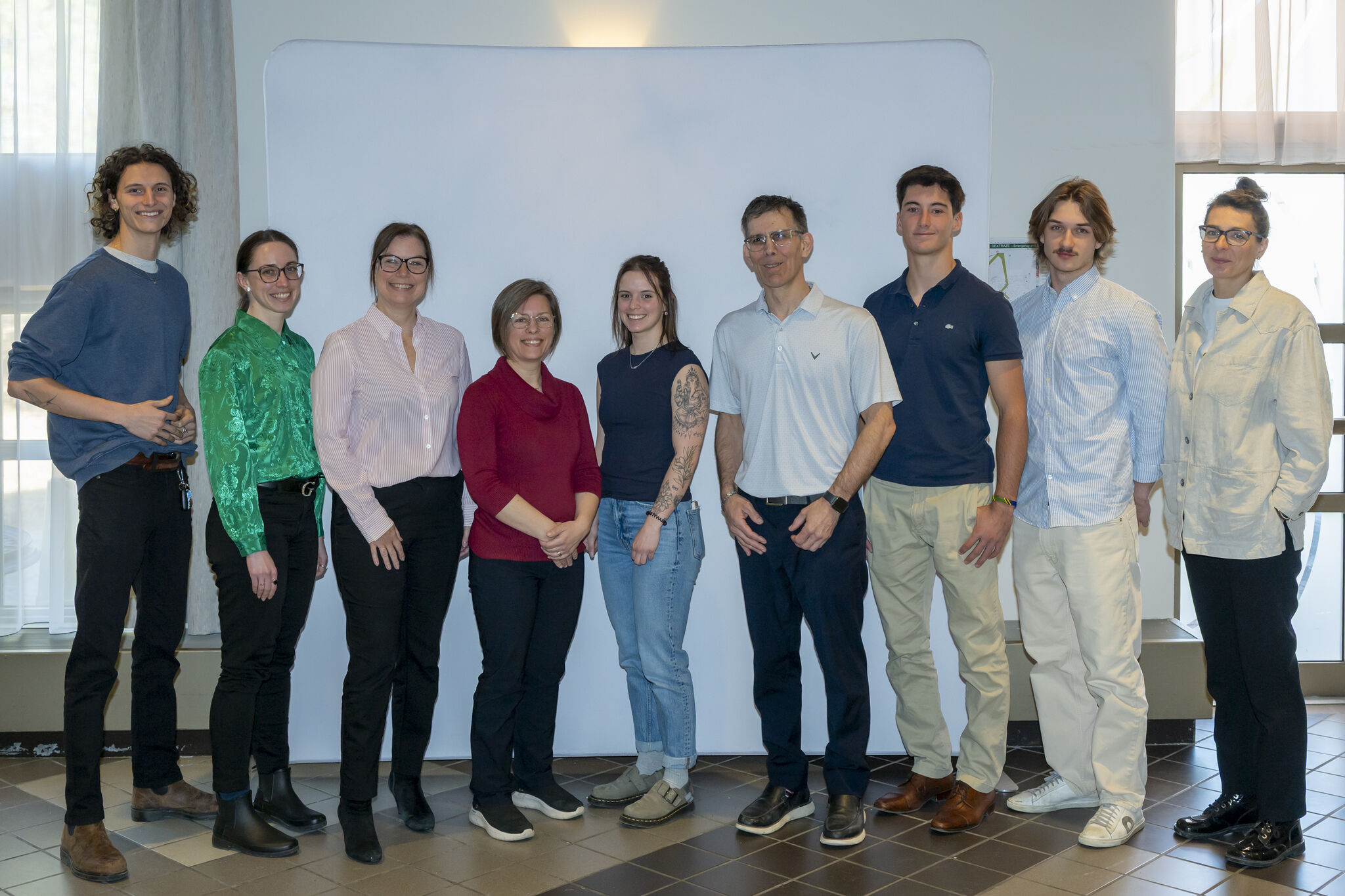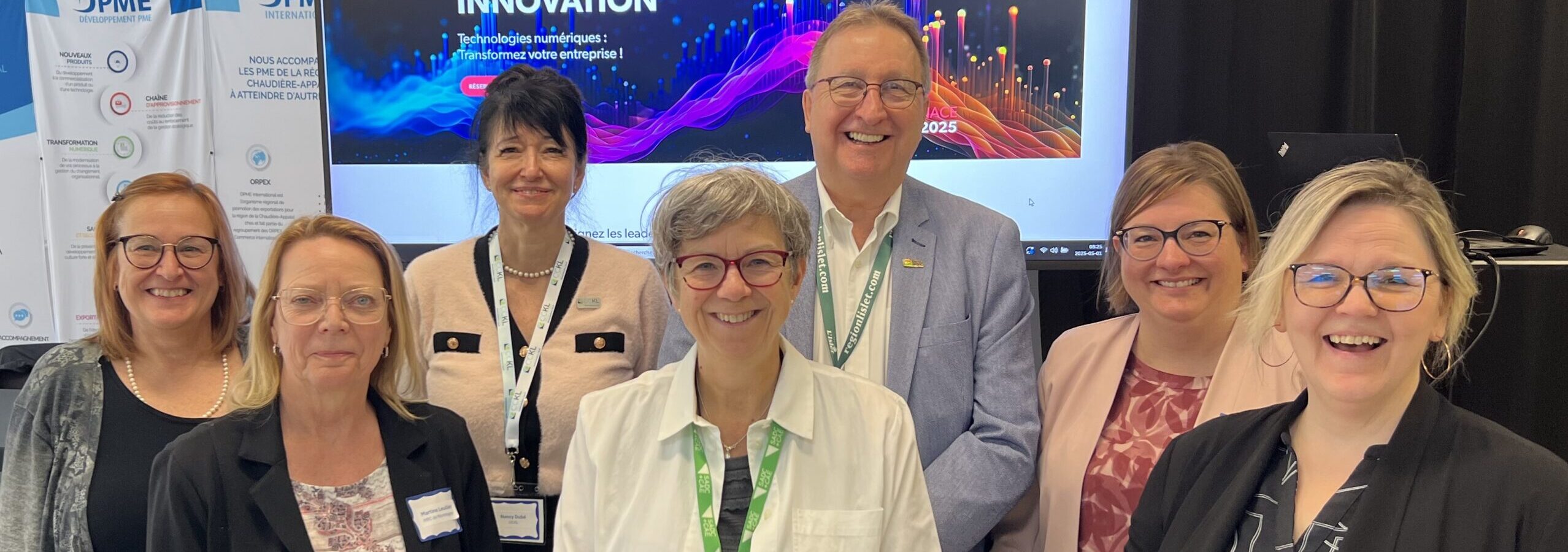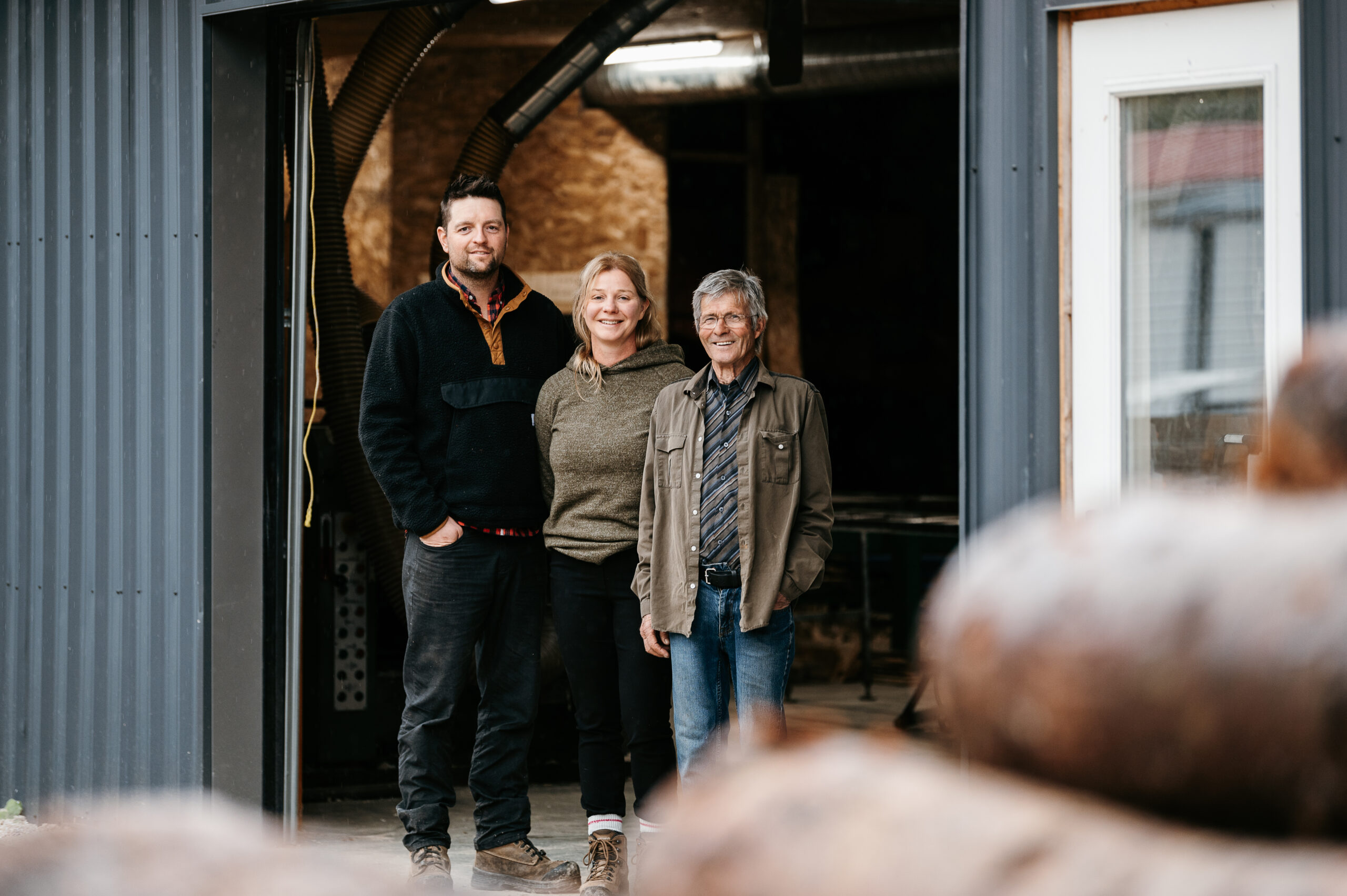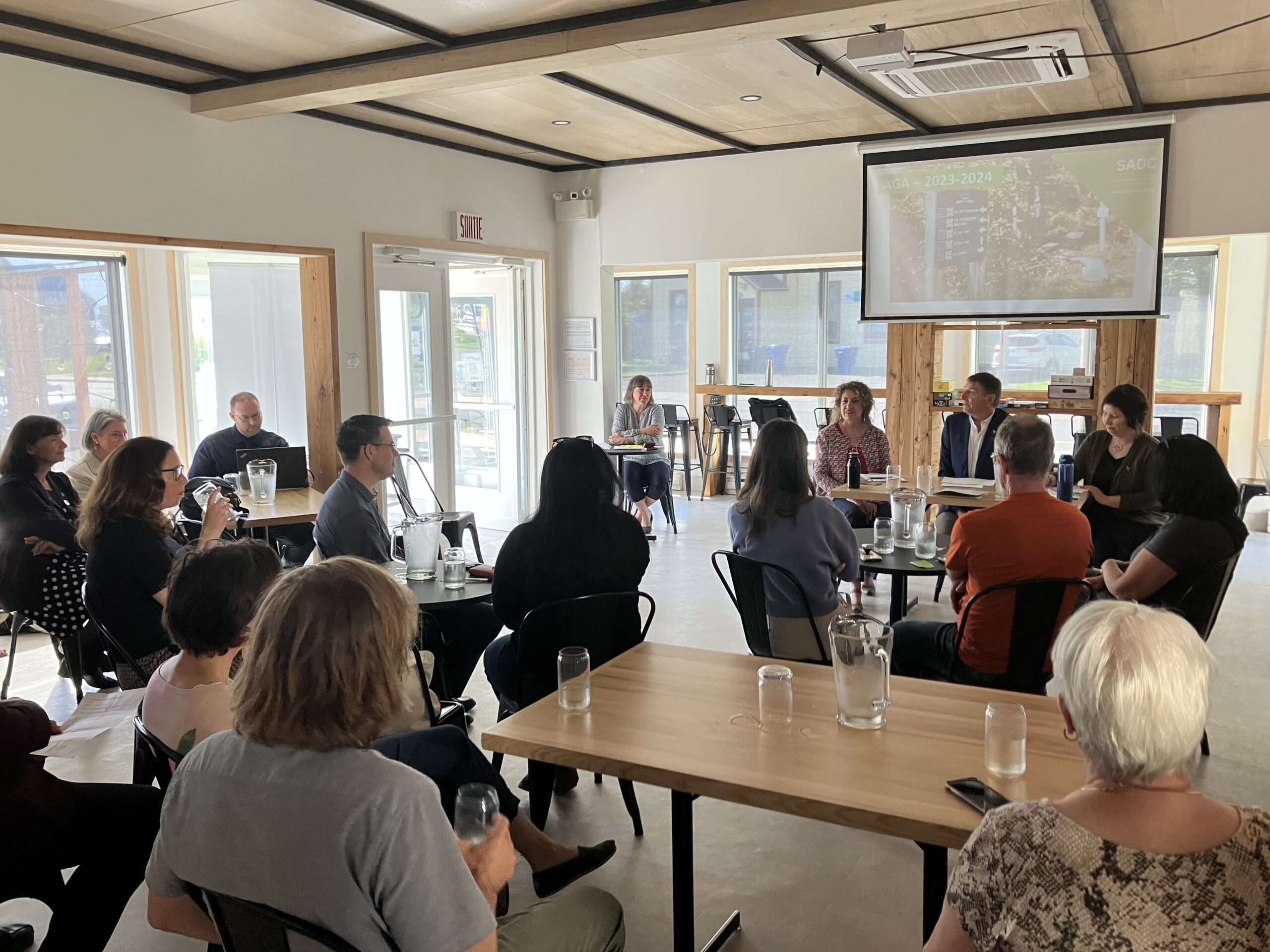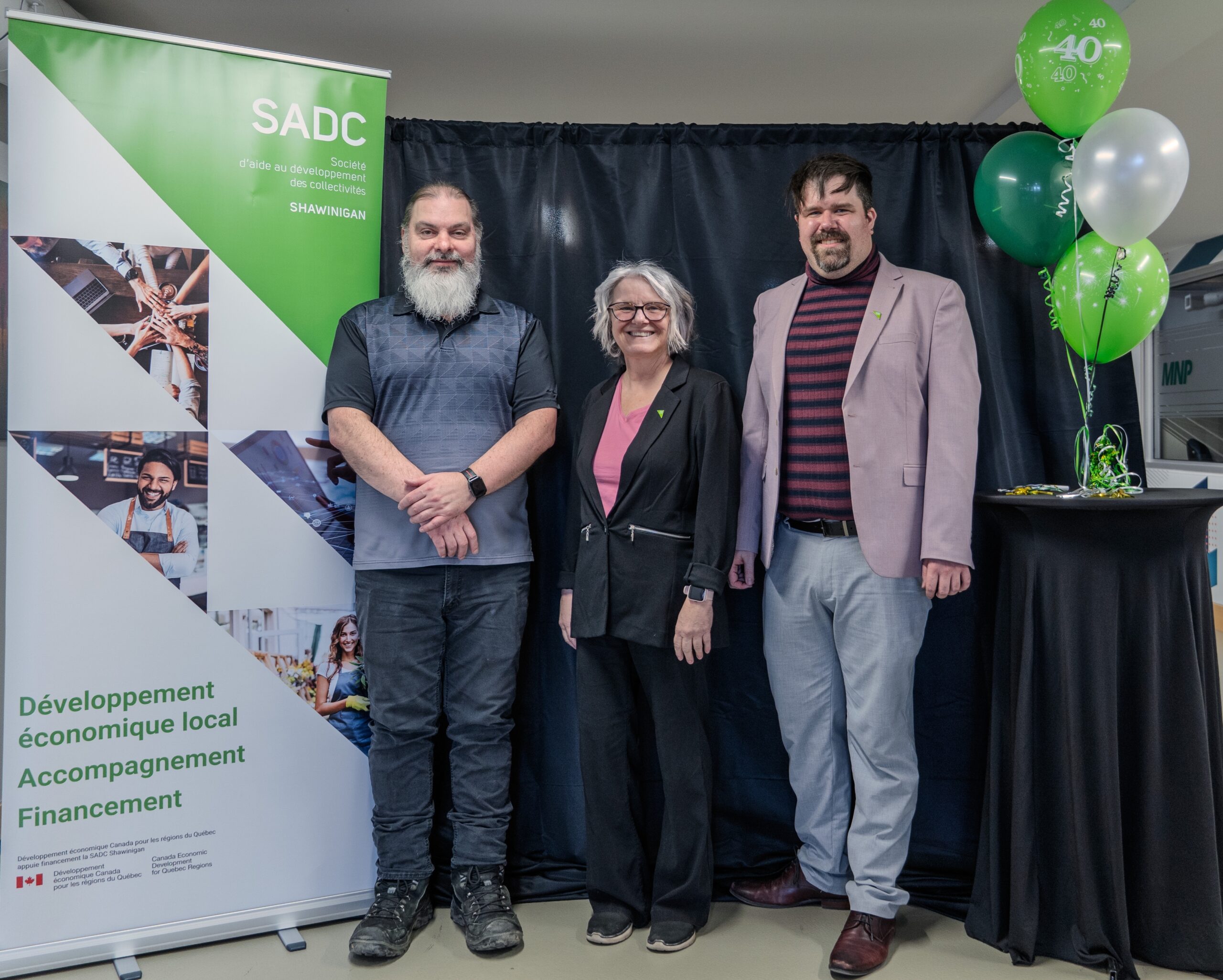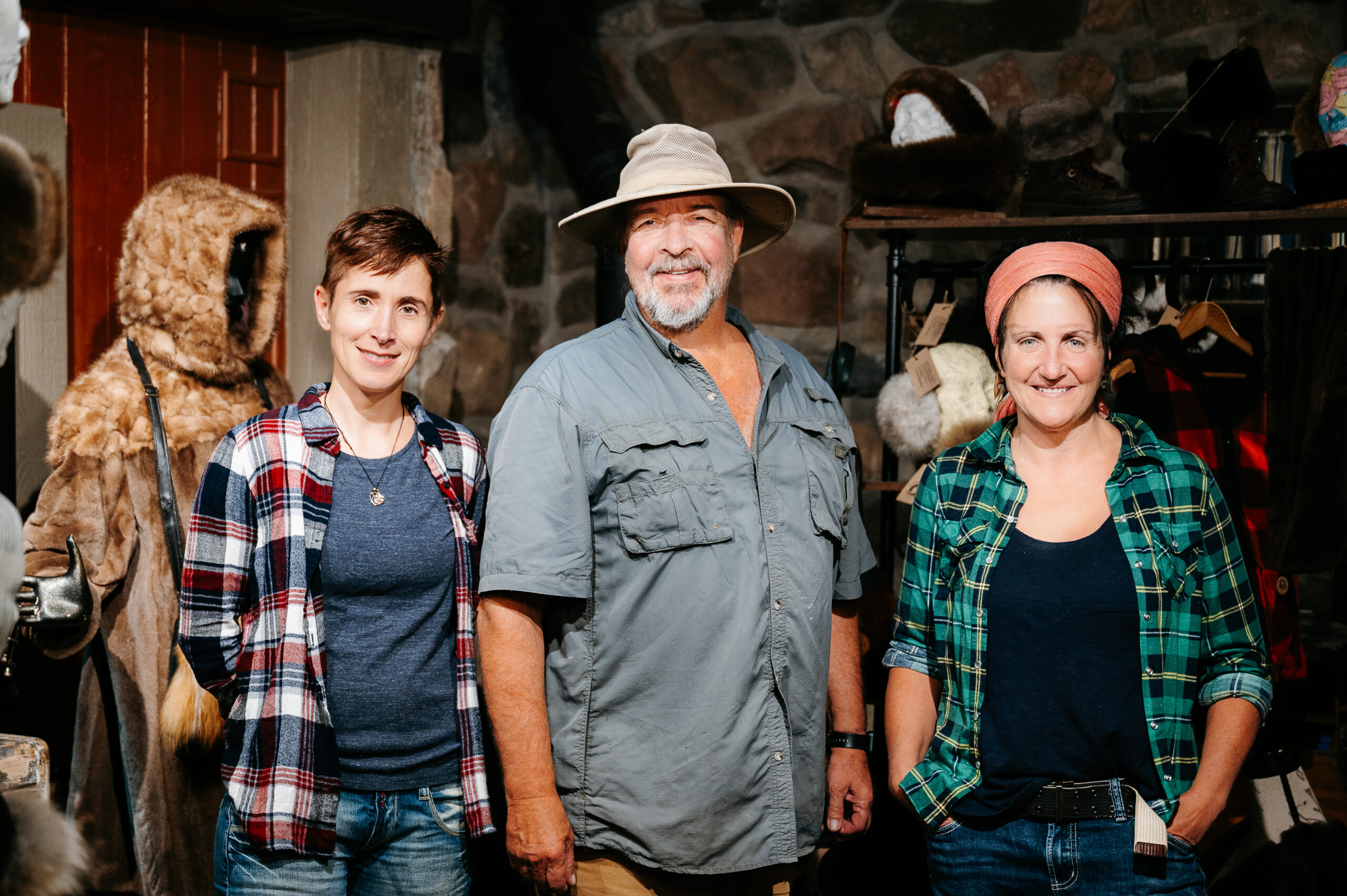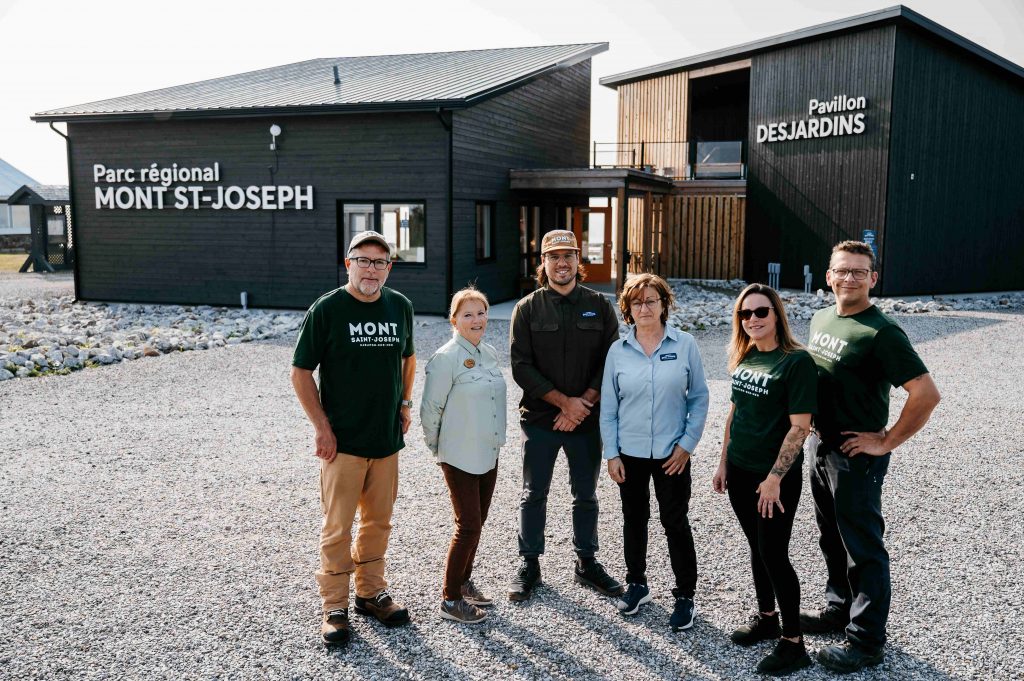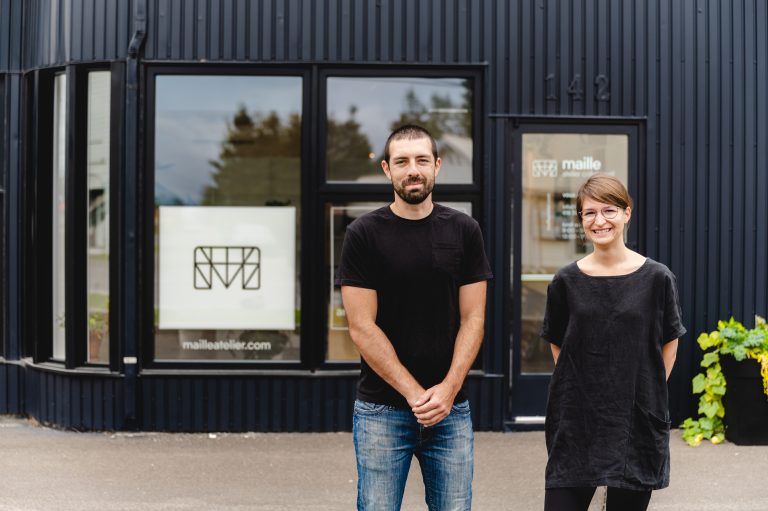At just 25 years old and amid the challenges of the COVID-19 pandemic, Mathieu Sinnett never imagined he would soon embark on the path of business succession. We spoke with this ambitious young entrepreneur from Saint-Siméon, who took a bold step into the world of entrepreneurship by acquiring Mr. Yvan Landry’s garage.
The Company at a Glance
Formerly known as Garage Yvan Landry, Garage Sinnett specializes in automotive maintenance, repair, and diagnostics. Located in Nouvelle, the company has earned a solid reputation, particularly for its expertise in diagnosing modern vehicles, which require advanced tools and knowledge.
“Today’s vehicles have an average of 30 to 40 computers,” explains Mathieu. “Our garage is equipped with the tools needed to connect to these systems and diagnose issues electronically.”
How Did This Opportunity Arise?
Mathieu’s journey began with a newfound passion for car mechanics. After completing college, he was uncertain about his career path but discovered a deep interest in working with cars.
“In my free time, I was always tinkering with cars,” he recalls. “I realized that if I loved it that much, I should turn it into my profession.”
He enrolled in professional training in automotive mechanics, which led to his first job as a mechanic. Over time, the idea of owning his own garage began to form, but coming from a non-entrepreneurial background, Mathieu struggled with self-doubt.
“Starting a business felt like an unattainable dream,” he says. “I didn’t think I had enough experience, and it seemed like a huge mountain I didn’t know how to climb.”
Determined to overcome these challenges, Mathieu enrolled in the business start-up program at the Envol vocational training center in Carleton-sur-Mer. The course was transformative. “It showed me that starting a business was achievable,” he says. “By the end, I knew I wanted to do it—I just didn’t know when.”
At the time, Mathieu did not know that Yvan Landry’s garage was for sale. Taking over an existing business seemed unlikely to him: “I thought I was going to buy an empty building and start from scratch. For me, it was the only way to do it. In my mind, a company couldn’t sell,” he explains.
He was pleasantly surprised to learn in the summer of 2020 that Mr. Landry’s garage was for sale. On a whim, he decided to pluck up the courage and show up in person at Mr. Landry’s garage. “Yvan, so surprised, dropped everything,” he says with a laugh. “With previous buyers, it didn’t work out. He had come to terms with the idea that he would not be able to sell.” The following week, Mathieu returned, and the process of transferring the business began.
What Sets Garage Sinnett Apart?
Initially, Mathieu worried that his youth and inexperience might be seen as disadvantages. Today, he sees his age as a strength.
“We’re a young team, which makes us more adaptable and comfortable with technology. We grew up with it,” he says.
Since taking over, Mathieu has led a significant modernization of the business. This includes introducing a new logo, redesigning the building façade, launching a Facebook business page, and creating promotional items like hats, sweaters, and toques. In a field where many competitors haven’t embraced social media, Mathieu sees this as a key advantage.
However, he also places great importance on preserving the exceptional customer service established by Mr. Landry. “Yvan was always there for his clients. If someone had an emergency, he’d help them out personally,” Mathieu explains.
To ensure continuity, Mathieu worked closely with Mr. Landry for eight months before officially taking over in July 2022. “Yvan stayed on as an employee for a year after the transfer, which helped smooth the transition. Customers didn’t notice much difference since they’d seen me working with Yvan for a long time. At least 90% of the clientele stayed,” he shares proudly.
Plans for the Future
One of the biggest challenges for Garage Sinnett in the coming years will be keeping up with the rapid pace of technological changes in the automotive industry.
“When I updated the garage in 2022, things were already evolving quickly. From 2022 to until now, the industry has changed again,” Mathieu notes.
He is particularly interested in developing expertise in electric vehicle technology, which is growing in popularity.
How Did the SADC Support You?
Mathieu received financial assistance through the SADC Youth Strategy Fund, which provided a 24-month interest-free loan. This funding was critical in helping him finance the purchase of the garage.
“In any business project, you need multiple financial partners,” he says. “The SADC played an essential role in making my project a reality.”
Advice for Future Entrepreneurs
Reflecting on his experience, Mathieu encourages young entrepreneurs to take initiative and embrace the journey, even if everything isn’t perfectly in place.
“If you’re not at point C in your plan, focus on creating point B,” he advises. “There’s always something you can do to prepare.”
This advice is a reminder that success doesn’t require perfection, just the courage to take the first step.
About Mathieu Sinnett
Since July 2022, Mathieu Sinnett has been the proud owner of Garage Sinnett, located in Nouvelle. His journey into entrepreneurship began in 2020 when he met Mr. Yvan Landry, setting in motion a business succession story marked by passion, perseverance, and opportunity.




